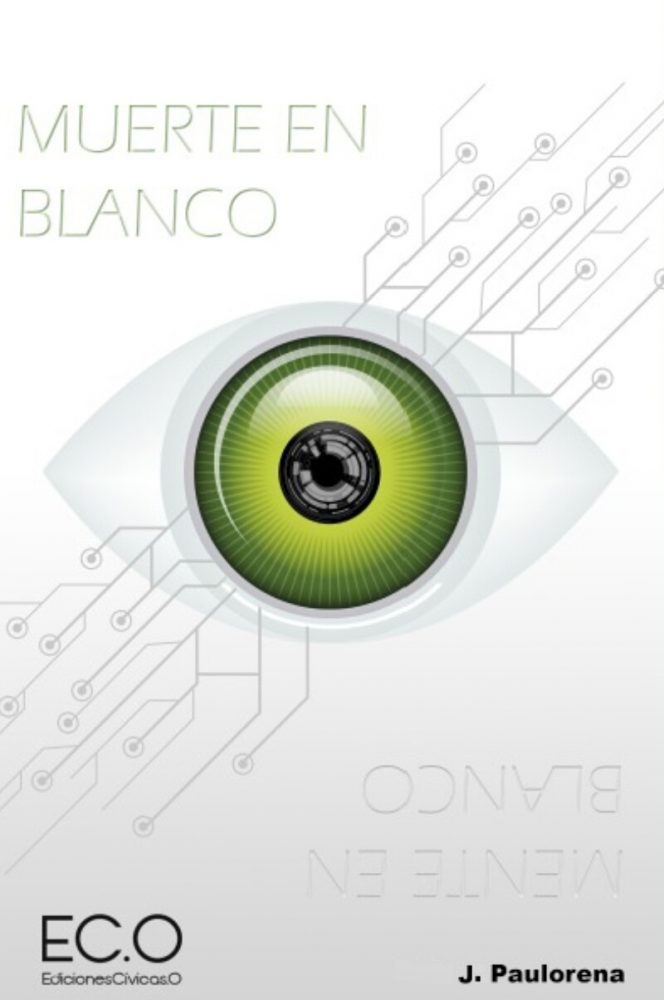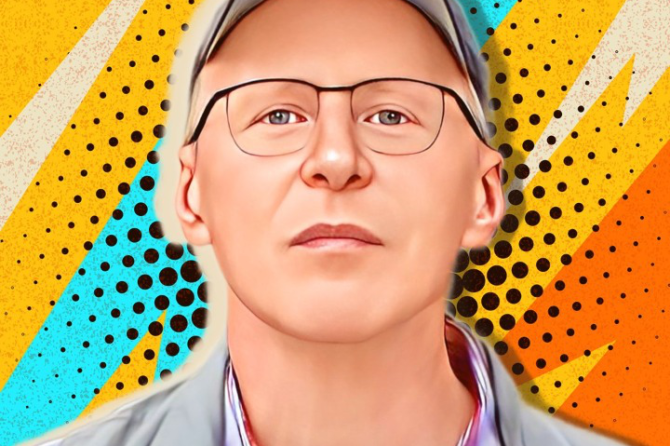Ramona Louise Wheeler is best known for her “Ray and Rokey” SF series, which debuted in Analog science fiction magazine in 1998. Other Analog stories include “Upgrade,” “Calm Face of the Storm,” and most recently, “Dancing in the Dark,” 2022.
Wheeler has received international acclaim for her series of books on ancient Egyptian mythology: Walk Like an Egyptian: A Modern Guide to the Religion and Philosophy of Ancient Egypt (2004) and Work Like an Egyptian: A Modern Guide to Ancient Time and the Egyptian Horoscope, published by Wildside Press.
In 2013, Tor Books published her novel, Three Princes, set in an alternative history which combines her science fiction worlds with her love of ancient Egypt.
Her current nonfiction work, Ancient Egypt and the African Roots of Civilization, as of this writing, is under production.
If you could transport yourself to any fictional universe you’ve seen in a television show or movie, which universe would you go to?
The Addams Family TV show, the original series in grainy ‘60s B/W. I would feel so safe there, properly understood. More importantly, Gomez Addams is a truly good role model for modern fatherhood, because his love for his children is so enthusiastically expressed. Indeed, as a role model for manhood in the 21st century, Gomez stands tall. After all, that man can dance!
If you had to choose between being a time traveler or a space explorer, which would you pick and why?
Had you asked me this question 60 years ago, I would have leaped at the chance to be a space explorer. When I first learned to read, I discovered what an astronaut was, (Space Cat and Kittens, Norman Todd) and, thereafter, an astronaut was all I wanted to be. This desire led me through the wonders of physics, astronomy, chemistry, etc.; by the time I got to college, my studies evolved into the science fiction stories I later wrote, especially the “Ray and Rokey” series appearing in Analog.
Once at college, however, I discovered other kinds of exploration: archeology, paleontology, mythology—the multilayered and endlessly fascinating complexities of human reality. Even watching daily news shows is an adventure in world history, getting to witness it unfolding in real-time.
So now, I choose to be a time traveler. I won’t interfere or change anything—I just want to watch. “Great Moments in History” which have survived in art, legend and textbooks exist for us now only in our imaginations, no matter how good the news cameras were, how accurate the portraiture, nor how eloquent the textbooks. What would it be like to stand in the actual, living moments, hearing (and understanding!) who really said what, who really spoke at those important, world-changing moments? What did their voices sound like? Or to watch humanity’s very first artists teach themselves to fingerpaint with mud? Perhaps to attend the grand opening of the Pyramid’s temple complex? Maybe meet Cleopatra?
I have a good imagination, but I’ve learned great respect for reality.
If you were stranded on a deserted planet with only one book to read, but it turned out to be one of your own, how would you feel?
I have sequels, prequels, and spinoffs intended for my books, characters, and story-verses; so, having such completely uninterrupted time to myself to finish any one of them would be a pleasure!
If you had to live on a spaceship with one fictional character for the rest of your life, who would it be and why?
Lord Peter Whimsey, from the mystery series by Dorothy Sayers—the most civilized man ever invented by woman.
Which trope of science fiction (phasers, transporters, time machines, much more) would you like to see put into our own reality? And how would you use it in a mundane way?
Medical science. Those wonderful handheld devices that aim a beam of light over a wound and heal it up like CGI; instant readouts on anything internal; relieving arthritis with the wave of an electronic wand; perfected immune systems. Not to mention the options for hair regrowth, face lifts, body tucks, and painless tattoo removal.
Define “Science Fiction” as Damon Knight did (“What we’re pointing to when we say ‘Science Fiction’”), but without using your finger.
This is a question I address in my current, nonfiction work, Ancient Egypt and the African Roots of Civilization. The great issue for Egypt was human consciousness, and their “religion” was for training consciousness to use reality as a tool. Ra is the light of consciousness in your head, not the Sun in the sky. Here is an excerpt from chapter one, the section: “Myth and Mythology.”
“A famous publisher once joked that the only difference between science fiction and fantasy was the cover art, demonstrating the ambiguity many people feel about these two powerful forces in modern literature, and both fall into the broader genre of “Speculative Fiction.”
“As a function of living mythology, science fiction is the mythology of consciousness directed from the skin outward, in front of your face, the exploration of the nature and experience of consciousness immersed in spacetime and the inescapable realities with which consciousness must contend in order to maintain a continuous physical presence. The Grand Master of Hard Science Fiction, Hal Clement, has commented that he did not use villains in his writing because the universe itself was trying to kill us, thus villain enough for him.
“Fantasy is mythology directed from the skin inward, behind your face, the exploration of consciousness immersed in the unconscious. Magic reigns behind your face—you can change location in an instant, perspective is fluid, and your tools are metaphors, linked sensory information, and the magical power of sounds, images, scents, and potions.
“Some kind of map is necessary. The unconscious realm is filled with genuine demons, with hauntings, spiritual assaults and vast areas of ignorance controlled by your unconscious. Your unconscious is the source of inspiration, of joy and genius, but madness also arises from these depths, as well as boredom, doubt, depression, and anxiety. Consciousness must not only survive the public rigors and dangers of its physical environment, but it must also survive the equally dangerous yet private rigors of its container, the body and brain. The most enduring myths are those which provide the clearest guidance on how to train your consciousness to become the hero in your own life story.”
If you could choose any real-life celebrity to make a cameo appearance in one of your books, who would it be and why?
In my novel, A Chance to Remember, (Wildside Press) Ray and Rokey meet up with the son of the richest Terran in the galaxy, Wystan Whytock, and his mysterious butler, Burke. John Astin’s creation of Gomez Addams restored my childhood faith in fatherhood, and I got to thank him for that personally when he was on tour with his one man play as the American poet, Edgar Alan Poe. The character of Whytock is based on my appreciation of the Addam’s Family code of decency—they were civilized, completely—and on seeing those amazing John Astin eyes in person.
What does Wystan Whytock, the second-richest man in the galaxy, do when he learns that members of an unknown, newly sentient race are being sold as pets in galactic shopping malls? He does the Addams Family thing and hires the very best to rescue them—the George Humphrees Agency. A good thing, too, because George Humphrees sends our heroes Ray and Rokey to answer the call.
Of course, George didn’t mention anything about the pirates…
Wheeler is not currently appearing at any conventions, but she welcomes letters and emails and answers each one.










